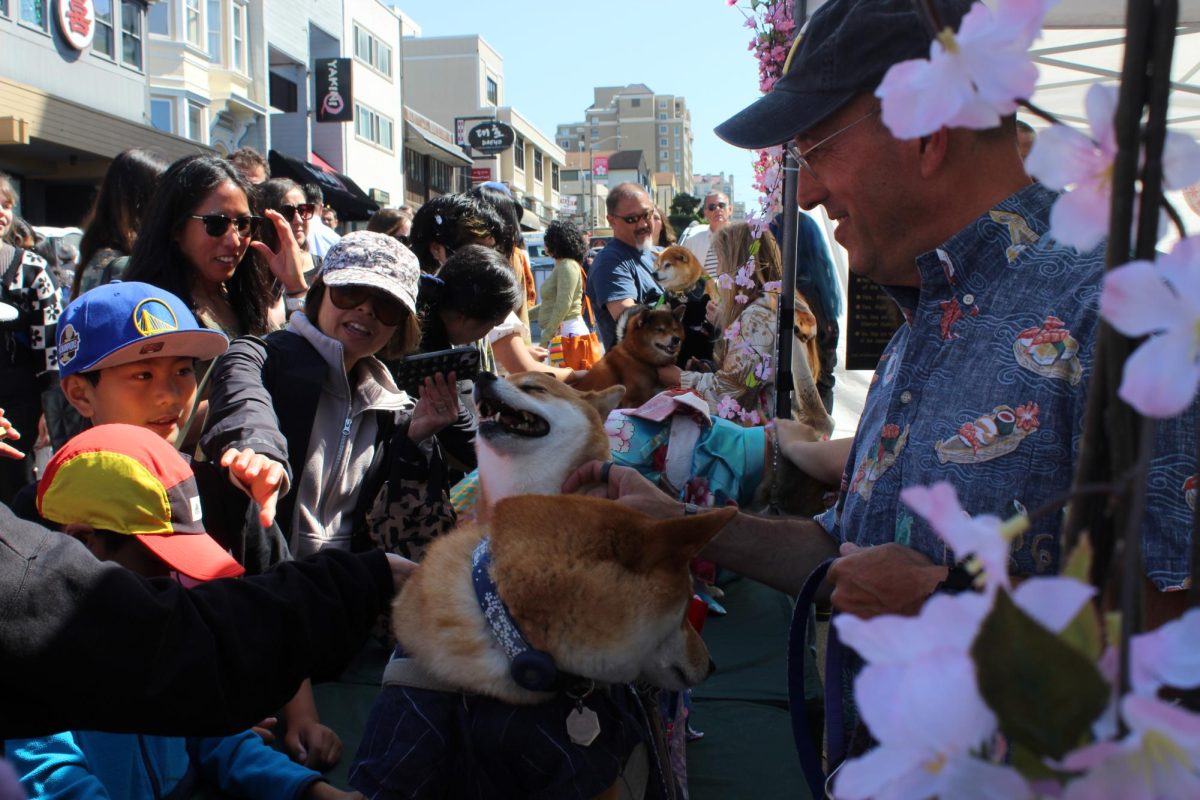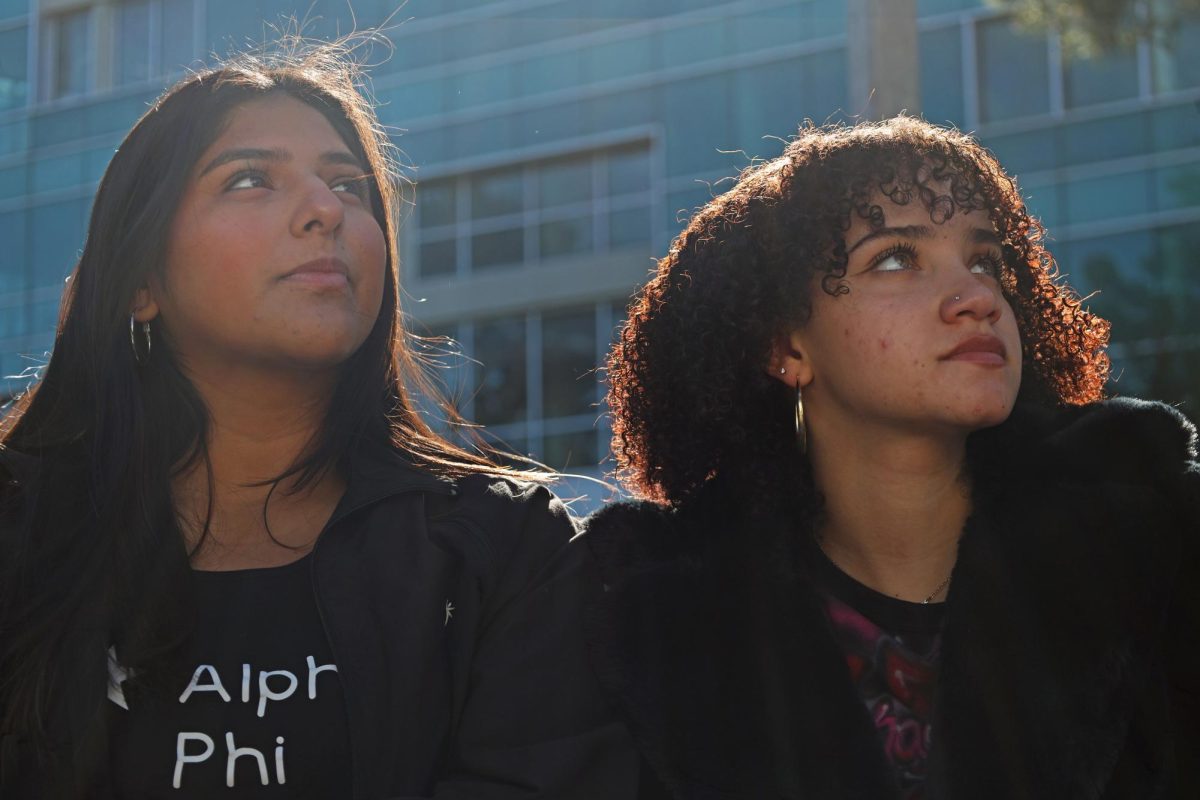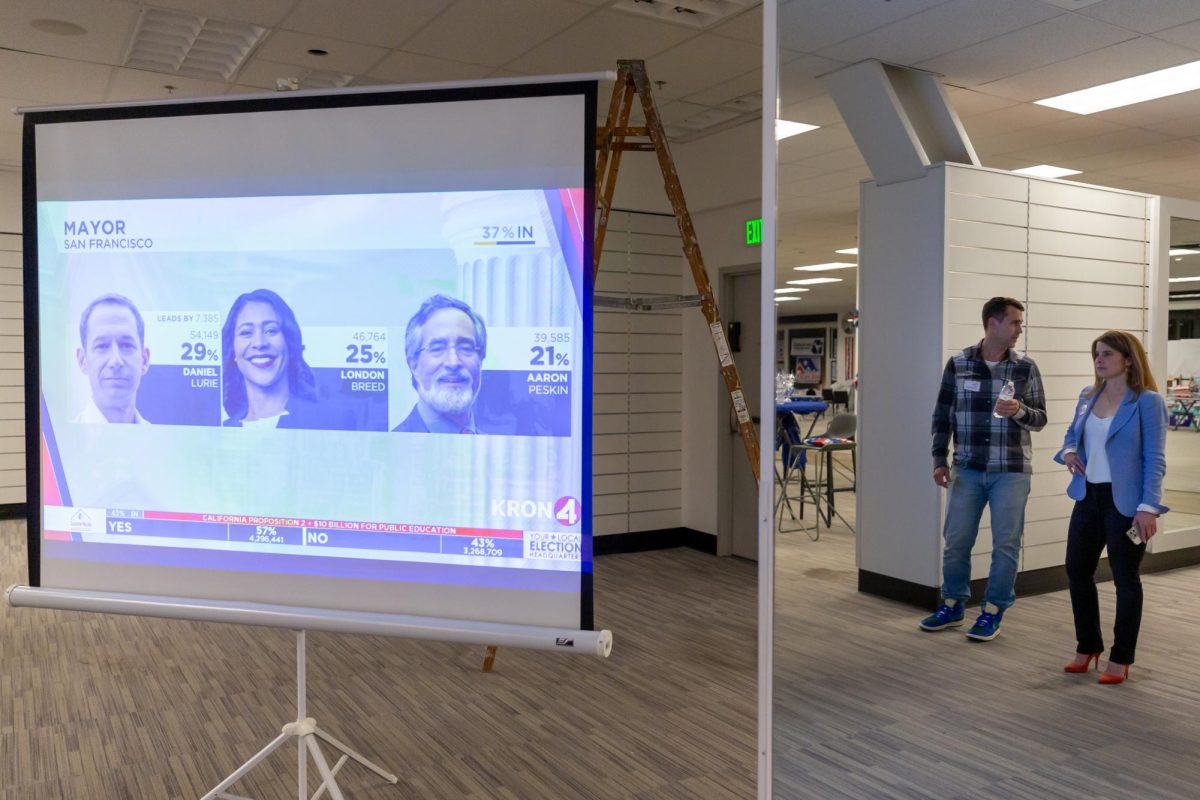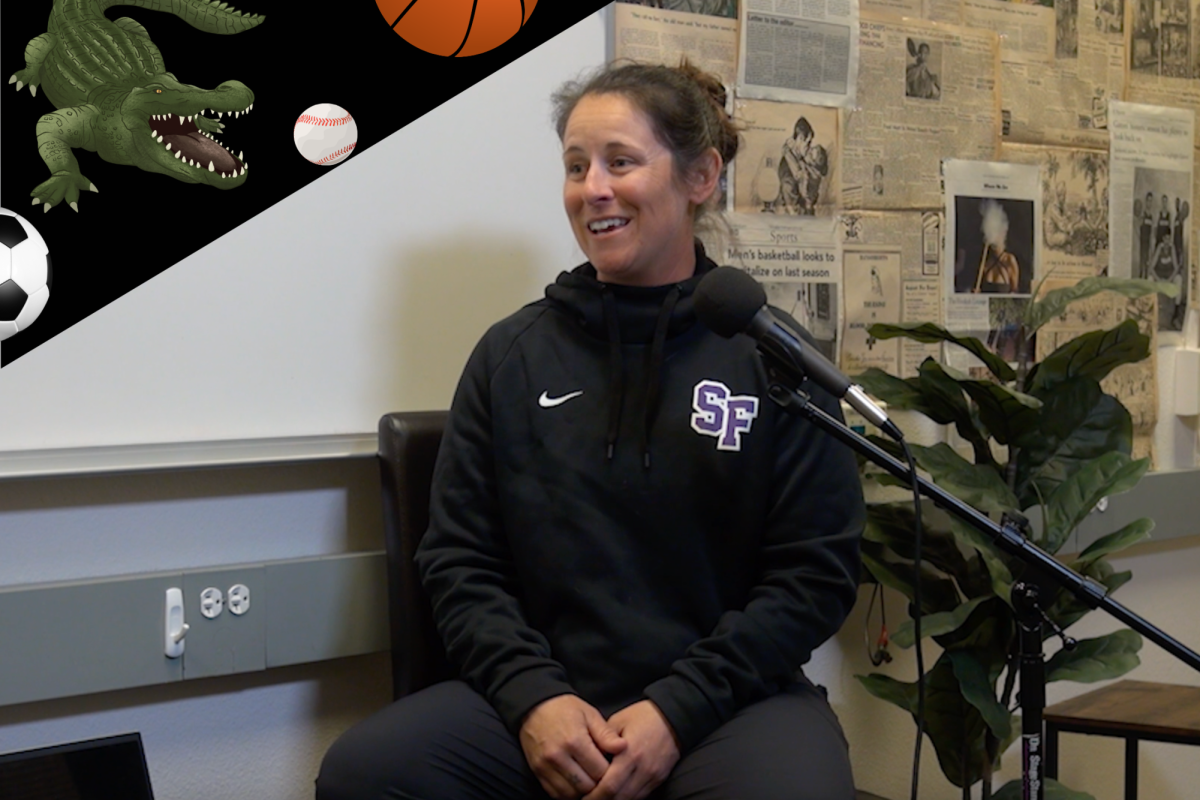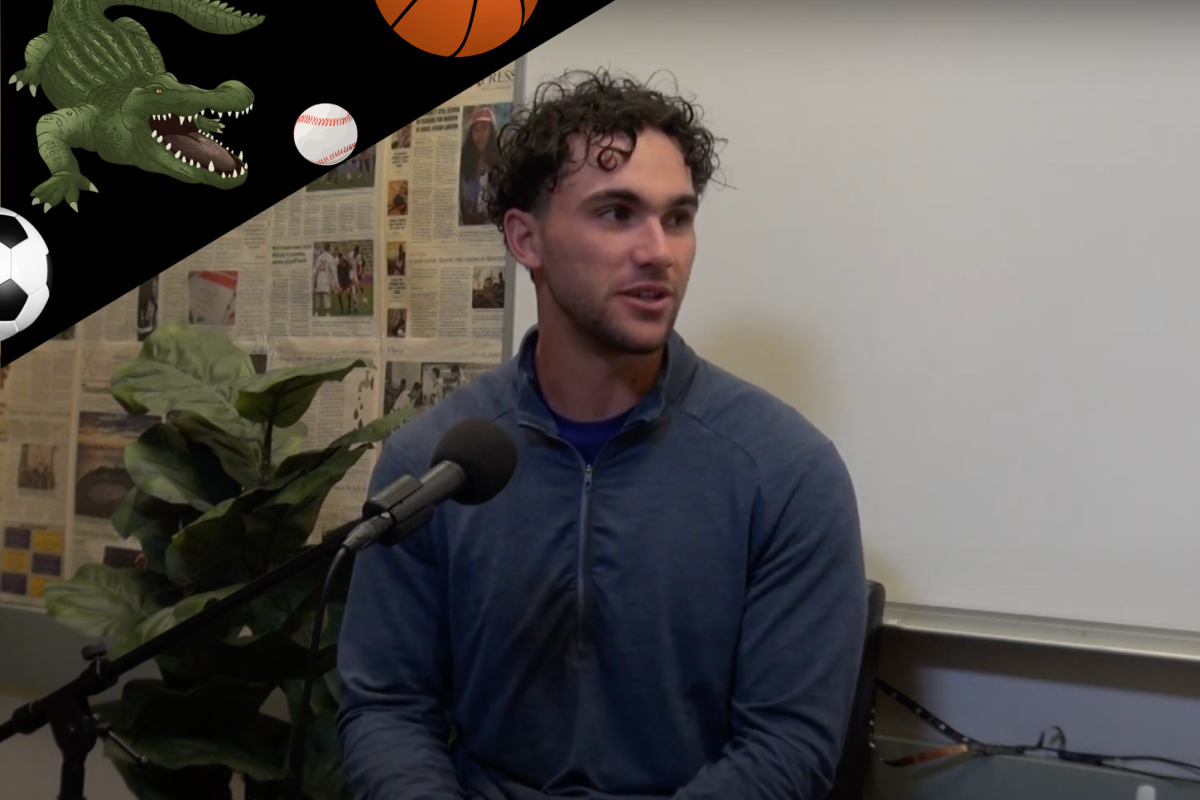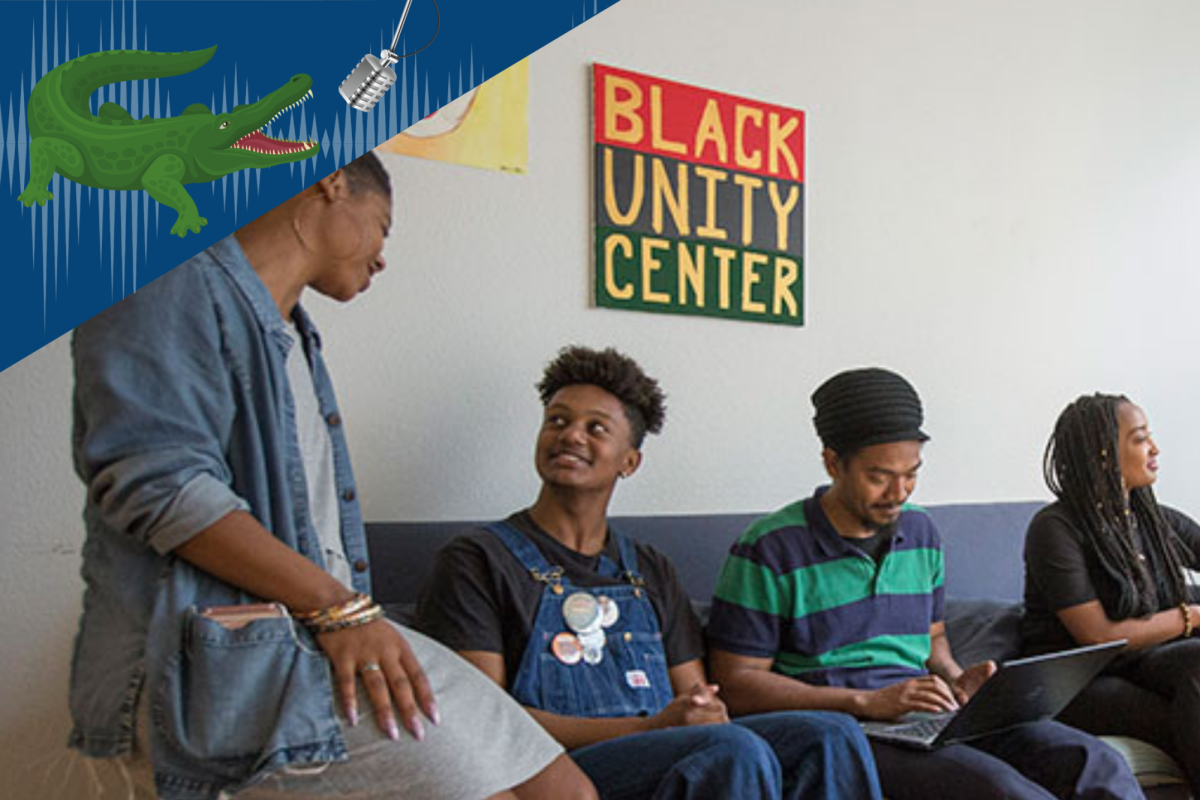Intro
Paula: 00:00 – 00:17
This is Paula Sibulo with GGX News and with the upcoming local election here in San Francisco, it’s important to know who’s on the ballot. With that said, I’m excited to welcome my guest today, District 7 Supervisor Candidate Matt Boschetto. Matt, thank you so much for being here. How are you doing?
Interview
Matt: 00:17 – 00:19
I’m good. Thank you for having me, Paula.
Paula: 00:20 – 00:31
My pleasure. And so this is my first year seeing your name on the ballot. You’re a small business owner. You have no experience in politics. Tell me, what made you say “I want to run for District 7 Supervisor this year?”
Matt: 00:31 – 01:18
Yeah. I never planned on being here talking to you today. This is something that was not, you know, on my professional trajectory. I was encouraged to do this — My kids are the fifth generation to live in District 7. It’s somewhere that’s always been very dear to me, in my heart. When I had my kids, I started my business. I, you know, I’ve lived here now after college for, 10, you know, 10 years plus. I felt, you know, obligated, frankly, once I had that encouragement, I feel like, you know, a lot of the politicians in San Francisco have sort of, you know, prioritized the political ladder over just doing what their constituents need and want.
01:18 – 01:39
And, you know, with that pride and love for the district and sort of seeing the need for somebody to really come in and care for the people, I felt like I should, you know, at least give it a shot. It’s a lot when you’re not part of the political establishment. You know, people kind of like, how are you going to do it?
01:39 – 01:44
But I didn’t really care about that. To me, it seemed like the right thing to do, so I stepped up.
Paula: 01:44 – 02:08
Yeah! And this is your way of making a change directly for not only your family but for your neighbors and your community. I want to talk about your stances on some of the issues facing District 7 right now. One of them being the changes made in the West Portal, after that tragic accident back in March, SFMTA and city officials implemented safety measures to the West Portal.
02:08 – 02:23
And as a local business owner, you know that the smallest changes in the surrounding area of your business can really make a difference on how well you guys do positively or negatively. So with that in mind, do you think this was the best plan of action for the West Portal community?
Matt: 02:24-02:41
No, I don’t think so. I think the truth is the tragedy on March 16th was opportunistically used by people who wanted to see these changes for a very, very long time. I feel like what we should do as leaders, as supervisors, is bring people together.
02:41 – 02:59
Right. And so I first off, wouldn’t of, you know, I would have had a more measured response to the tragedy because the SFMTA project manager said at City Hall there’s nothing they can or could do to have avoided that accident. So, you know, I think it was used to forward something that historically has been rejected by the community.
02:59 – 03:20
That doesn’t mean you say no to those people but you engage in a community process, and one of the people you need to have one of the groups of people you need to have in that community process are small business owners. West Portal. It’s seemingly very vibrant. But the truth is, since the pandemic, foot traffic has been down 25%.
03:20- 03:43
And that original plan proposed, I think was going to remove ten parking spots from the corridor. And, you know, maybe that makes a two, three, four percent difference to that already 25%. But that could be the straw that breaks the camel’s back. I say, you know, many times to people that an open storefront isn’t necessarily a sign of success, right?
03:43 – 04:09
And people are struggling. Shop small business owners are struggling a lot more than I think we perceive. So I’m not saying making pedestrians safer, better transit connectivity, protected bike lanes, all these things are civic goods that we should always be improving. We should always be working to make better. But you can’t do it without regard for other civic goods like small business vibrancy, convenience of travel.
04:09 – 04:25
And so what I think happened there is, even though I’m not necessarily against making changes, you know, to the corridor to make it more safe, especially if a lot of people in the district want to see it. But what I am against is doing it in such a way that it hurts other people’s—other stakeholders in that corridor.
Paula: 04:25 -04:50
And one of the sponsors for the original plan was incumbent District 7 Supervisor Myrna Melgar. And I noticed that you don’t tend to agree with some of the issues that she supports, one of them being Proposition K, which would turn the Upper Great Highway into a park at Ocean Beach. And one of the arguments backing this proposition is that it would bring more customers to the local businesses in the Sunset District.
04:50 – 04:58
So I want to know, why do you oppose this proposition? Despite the argument that it might actually be better for the businesses on the West side?
Matt: 04:59 – 05:13
So I think the businesses who actually surround the Great Highway, there has been some improvement, especially on the weekends when the park is being used. But that corridor is vital to a much bigger footprint and just District 4.
05:14 – 05:33
And when you’re talking about the businesses that are up Taraval right? Not close to the beach, but up Taraval, up Irving and Judah and then especially all the businesses in the Richmond, and I’d say West Portal and Ocean as well, they’re actually going to hurt from the from the, you know, the how, making it harder for cars to move through the city for people to move to the city.
05:33 – 05:55
You know, if the park wasn’t there. Right. Geary, Irving and Judah, I’ve heard it said many times, is like China, the second Chinatown in the city. So you have a lot of people from that community going through the park, moving to the businesses on each side and by, you know, removing the great highway just like JFK.
05:55 – 06:20
You know, JFK has added to it. I’m okay with closing the JFK. But when you talk about closing the Great Highway, now you’re going too far in that direction, right? When there’s an event, just like Hardly Strictly Bluegrass this weekend, it is very, very hard to move through that — the park, right? And it does disrupt flow from the two neighborhoods and you know, traffic going to the businesses in both neighborhoods.
06:20 – 06:43
And so I think, yes, maybe, you know, there’s a hypothesis that it might improve the businesses in District 4 but it surely will hurt the businesses. Not all the businesses — disregard for the businesses close to the beach, but it surely will hurt the businesses that are off the beach on Irving, Judah and Taraval. And certainly the businesses in the Richmond that depend on smoother travel through the city.
Paula: 06:43 – 07:07
And I think your answer really aligns with some of the pro-vehicle ideas that you’ve brought to your campaign this year. And on the same topic of vehicles, I want to talk about a larger issue facing the Lakeshore community, which is the RV situation. These RVs have been lined up along Winston Drive. At one point, they were in the San Francisco Zoo parking lot, moving in and out of places. What do you think is the best plan of action to solve this RV situation?
Matt: 07:08 – 07:24
Yeah, so I think there hasn’t been a plan at all the last four years. I don’t think parking in the RVs is sustainable for the taxpaying citizens of San Francisco, students who are going to school, or the people in the RVs living themselves.
07:25 – 07:43
So, you know, first and foremost, you always have compassion, right? You always look and understand what’s going on with the people who are parked in the RVs, who are living in that situation. And you have compassion. So you offer services, right? I think we need to know who’s who’s down there. Right? There needs to be better recognition of who’s down there.
07:43 – 08:08
The prevailing narrative is that it’s mostly families. Well, if it’s families and we haven’t had a plan, and you know, we’re not offering services to them that they will take, that’s even more egregious to just be leaving kids living by the side of the road in unsafe, unhealthy conditions for years. And so I think with Grants Pass being overturned, we’re able to find a solution where we don’t allow street parking on the street anymore.
08:08 – 08:26
So, you know, sort of we don’t allow people to get into this situation that’s both unsustainable for them and the others living in the neighborhood. And then I think at that point, once we have that enforcement policy in place on the street, we can then move everybody who’s currently here to a safe parking site. I think then the community would be happy with that.
08:27 – 08:44
They’ve historically opposed it, I think because people fear this revolving door. We move the RV somewhere else, and then there’s just going to be filled with more RVs. But I think now we have the ability to stop that revolving door, so then we can move them to a safe parking site, and then that’s where they’re offered compassionate services, you know?
08:45 – 09:07
But the truth is that if you don’t accept those services, at some point, you’re choosing your RV or living in San Francisco. A two to three-year subsidized housing voucher, for me, is a much better situation than raising your kids in an RV for two to three years. If it’s not accepted at some point, they’re voluntarily choosing to live in that RV and they’re going to have to follow the laws we put in place for them.
Paula: 09:08 – 09:35
Well, yeah. So hopefully a solution comes soon, especially for those families that have had to move constantly in this past year. I wanted to wrap up our conversation concerning a question that a lot of voters have been curious about. There have been discussions about you not voting in past local elections but in only the national election. I want to know, how has your perspective changed as now a local District 7 candidate from before, where you were only a voter in the presidential election?
Matt: 09:36 – 09:48
Yeah. Well, so first things first. I got to be accountable, right? I should have voted. I like to vote in person. And on the days, especially those local elections, I always made time for national elections, obviously.
09:49 – 10:09
But those days with many of the local elections, I found myself, you know, three kids, business just ultimately prioritizing other things and not prioritizing the voting like I should. One thing I think I really neglected to realize at that time, I think there was some frustration for the process of getting involved, but I didn’t realize how hard people worked.
10:10 – 10:26
And, now that I have done this and all the people who support me, all the people who I see are supporting good causes that are going to make the city better, we really owe it to them. I owe it to them to vote each and every time to prioritize it on those days like I do on the days of national elections.
10:27 – 10:44
So I am sorry for that. It is something that I, you know, promise to do moving forward. Whether I’m running or not, simply for that fact of, of, you know, the people who put a lot of their free time into these good causes. At the same time, It doesn’t blow up my narrative.
10:45 – 11:07
You know, I was never as political as you see me today. I — in a lot of ways, you know, I — if I was climbing the political ladder, I probably would have thought of my voting record. Right? It was flagged to me when I started that it would be an issue. Ultimately I said, it doesn’t matter.
11:08 – 11:38
Right? Because I’m not this perfect politician. I don’t think I’m going to be president. I don’t do this with a ton of entitlement and hubris. I really approach this really humbly. I know my flaws. I know my issues. Again, — I apologize for not voting and have, you know, really learned my lesson. But, you know, I think at the end of the day, it doesn’t change the fact that I’m really doing this authentically and to serve the city. I think in some ways it shows that’s more true than not.
Paula: 11:39 -11:51
Yeah. And I think that’s a piece of advice that a lot of voters can take, especially the younger voters out there who might not be as involved in local elections as they are in national elections because local elections truly do directly impact our everyday lives.
11:52 – 11:56
And with that said, I really appreciate you being here, Matt, talking about your campaign. So thank you so much.
Matt: 11:56-11:58
Great. Thank you, Paula.
Outro
Paula 11:59 – 12:15
It’s my pleasure. And for the viewers watching, I hope you got to know a little bit more about your District 7 Supervisor candidate Matt Boschetto. Make sure to cast your vote for your district supervisor by November 5th. Thanks for joining me in San Francisco, Paula Sibulo, GGX News.







